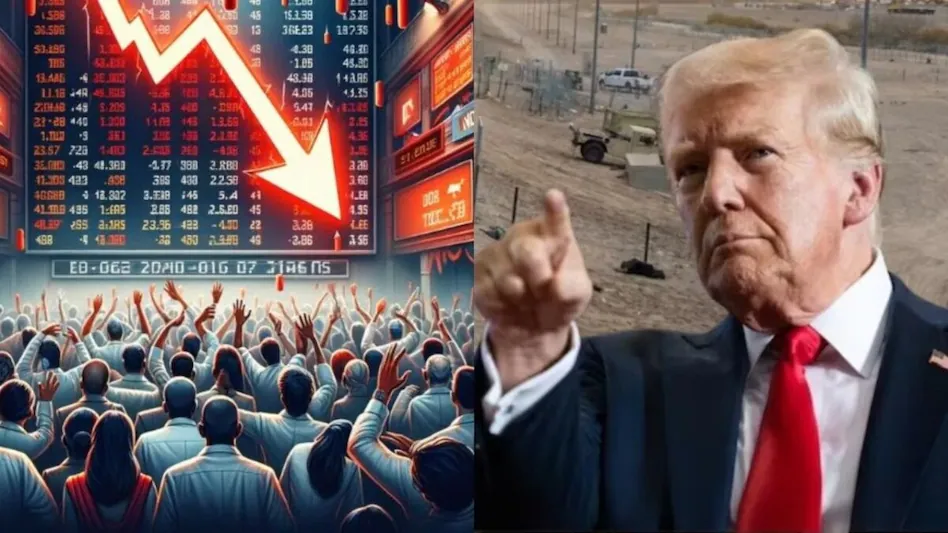Introduction
Indian exporters have reached out to the Commerce and Industry Minister, Piyush Goyal, requesting government intervention to delay the implementation of reciprocal tariffs imposed by the United States. The exporters express concerns that these tariffs may lead to a contraction in demand and hinder ongoing trade negotiations between the two countries.
Background of Reciprocal Tariffs
Reciprocal tariffs are levies imposed by one country in response to duties placed on its exports by another nation. The US government recently announced these tariffs on Indian products, affecting various industries, including textiles, pharmaceuticals, and engineering goods. While some sectors might benefit from lower tariffs, the overall sentiment among exporters remains cautious due to the potential impact on demand.
Exporters’ Concerns
Declining Demand: The new tariff structure could make Indian goods less competitive in the US market, leading to reduced orders and sales.
Stalled Trade Negotiations: The ongoing discussions for a bilateral trade agreement between India and the US may be negatively affected if these tariffs are enforced without deferment.
Impact on Small and Medium Enterprises (SMEs): SMEs, which form a significant portion of India’s export sector, may struggle to cope with the higher costs associated with the tariffs.
Disruptions in Supply Chains: Indian manufacturers who rely on US-based buyers may face disruptions in their supply chains, leading to potential job losses and reduced production.
Industry’s Appeal to the Government
Several industry bodies and exporter associations have reportedly written to Minister Piyush Goyal, urging the government to negotiate a deferment of these tariffs. They argue that such a move would provide much-needed relief to businesses already grappling with global economic uncertainties and fluctuating demand.
Potential Government Intervention
The Indian government is likely to assess the situation and engage in discussions with US trade representatives. Possible actions may include:
Seeking a Temporary Suspension of Tariffs: By leveraging diplomatic channels, India may request a delay until a formal trade agreement is finalized.
Negotiating Sector-Specific Exemptions: India could push for exemptions for certain high-impact industries to safeguard jobs and economic stability.
Enhancing Trade Incentives: To counterbalance the effects of US tariffs, the Indian government may introduce domestic incentives for exporters to maintain competitiveness.
Economic Implications
The imposition of reciprocal tariffs by the US can have broader economic consequences, including:
Reduced Export Revenue: A decline in orders from the US, one of India’s largest trading partners, could impact overall export revenue.
Exchange Rate Volatility: Changes in trade policies could lead to fluctuations in the Indian rupee against the US dollar, affecting pricing strategies for exporters.
Job Market Impact: Industries reliant on exports may need to downsize, leading to potential job losses in manufacturing and related sectors.

